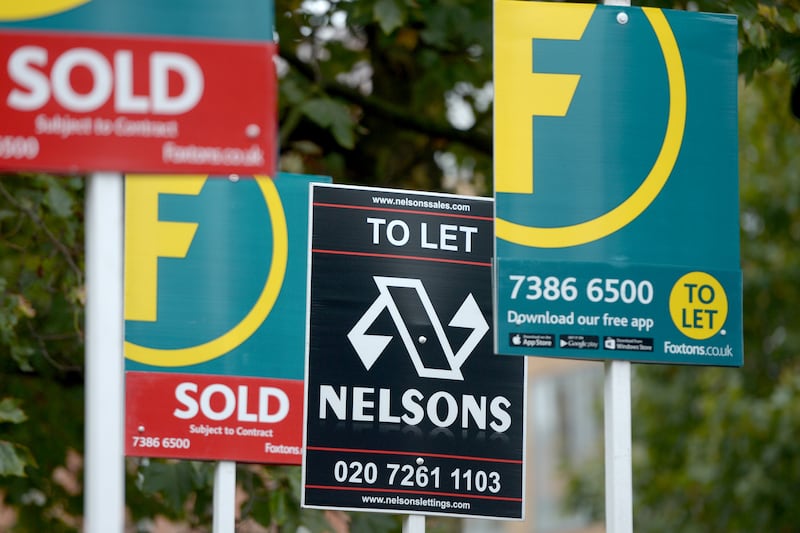THE north's residential housing market continues to regain lost ground, with new research revealing continued annual and quarterly price increases.
In the October-December quarter, the average house price in Northern Ireland stood £178,800 - that's 7.8 per cent higher than the same period the year before and 2.8 per cent up on the June-August quarter.
And in the year as a whole, the average price of £169,057 was four per cent higher than the equivalent average for 2018.
The figures point towards strong demand within the housing market, borne out by both the solid level of transactions captured in the survey (8,717 in total during 2019, compared with just over 8,000 the previous year) and the feedback from estate agents, who commented on a steady market and – in some areas – a lack of choice for prospective purchasers.
Agents’ perception that the first time buyer market had dwindled, particularly in the higher-priced markets in Belfast and surrounding areas, is perhaps not surprising given that the proportion of properties transacting at £150,000 or less across Northern Ireland as a whole stood at 50 per cent in the
final quarter of 2019, having declined steadily from almost three quarters (74 per cent) in the latter half of 2013.
According to the index from Ulster University, produced in partnership with Progressive Building Society and the NI Housing Executive, all but the apartment sector saw a rise in prices over the quarter as concerns for a cliff-edge no-deal Brexit diminished.
The average price figures for properties transacting in the last quarter of 2019 were the highest measured in this survey for some years, bringing the overall index, at 638.36 in quarter four (by comparison with the 1984 base of 100), to a level not seen since the end of 2008.
“There's much to be positive about for 2020 and beyond, with the report showing average house prices to be at their highest level since 2008,” according to lead researcher Dr Martin Hinch from Ulster University.
“The market has shown resilience in the face of external economic and geopolitical challenges, and as we establish more stable government at both local and UK level, we can be optimistic about continued growth.
“Yes, there are still real challenges in relation to Brexit and trade negotiation outcomes for the longer term, but Stormont’s return and the UK’s formal EU exit has at least alleviated some of the uncertainty we’ve experienced over the past three years.”








